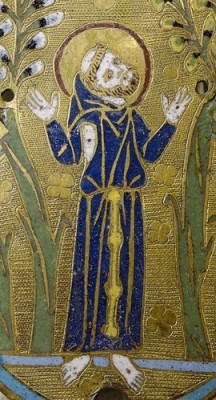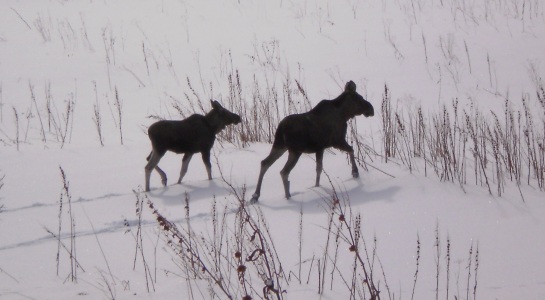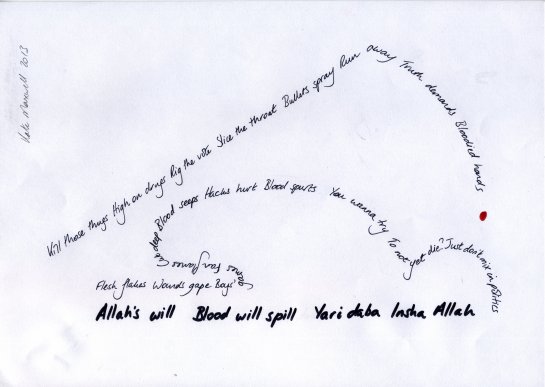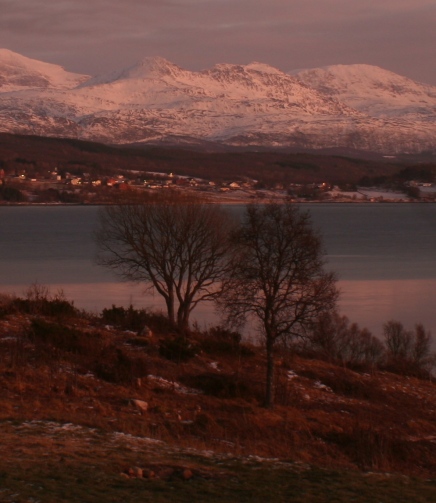The miracle is not that we are here, it is that we are here together.
That the seasons turn about us, and we watch it all.
That the moon waxes and wanes but love endures,
That life springs eternal, when death is but a breath away.
I come to you with unseeing eyes, broken bones, wounds of pride.
I come to you with hope and dread, fear and pain, guilt and prayer.
You come to me with commanding presence, broken shackles, assured faith:
Lay your hands on me, remove my bonds, let me be free.
They are the wanderers, the lost, the forgetful,
They need your power, your storm-fraught words, your lust for grace
Your certainty sweeps me in its wake. We must not fail them.
They believe so hard, their blindness leaves no room for doubt.
Written in response to Tope Folarin’s short story ‘Miracle’, nominated for the Caine Prize and available for download here.
This post is part of the Caine prize carnival, organised by Aaron Bady at the New Inquiry. It’s not Machaut, it’s not medieval, it’s only vaguely multimodal (so far), so why am I writing about it?

St Francis receiving the stemmata. Found through a creative commons search (Wikimedia commons).
One of my goals this summer is to develop my creative side. Back in my undergraduate days I specialised in composition and dreamed of having my work performed at the Proms (who says I don’t still? Doesn’t everyone?). I’ve had the occasional piece published or professionally performed, but most are sitting in a rather battered file by my desk, trying their best to keep out of the way of small, clumsy feet. I have always enjoyed creative writing and have great plans which may or may not ever be realised. So far, so banal.
If you’re still reading, then you can be let into a realisation that I am still coming to terms with. I intend to write a monograph. An academic one about my research, aye, but not an inaccessible one. (Impenetrability is not my style.) It has a plan, it has support from my institution, and senior colleagues are all encouragement. All it requires is for me to sit down and do the dirty. And that is daunting. Very daunting. This summer, then, is my preparation time. The more I write, the more I will be able to write. The more confident I feel in my output, the better the product will be. The more at home I am with my creative leanings, the more multimodal my finished book. The more peaceful my soul.
One of the biggest things my journey into multimodality so far has taught me is the limits of my knowledge. I might be pretty hot on Machaut and medieval stuff, but multimodality spans such a broad range of topics that I am in awe of my colleagues who are able to meaningfully link them together. And so I am Branching Out. For the next few weeks, as part of the Caine prize carnival for which I have volunteered myself, I am going to let the stories take me on a journey to – broadly speaking – Africa. A continent I have never visited. Every week until July I will read a short-listed story, and blog my response. (For a list of the co-participants, see below.)
The first story in fact takes Nigeria to the United States. Already I can hear resonances in my readings. I am lucky enough to be working with the editors of a collected edition of essays on exile literature (Axel Englund and Anders Olsson), and thus have recently been on two journeys from Algeria to France (through the contribution by Gabriela Seccardini), as well as one from the New World ‘back’ to the Old, via north Africa (that of William Bamberger). There are, of course, more contributions which deal with exile writers (or those writing about exiles) in the United States. (I think I will have to devote a blog post to this entire fascinating volume in due course.) At the recent Multimodal Research Seminar in Lesbos (which I blogged about here) Tormod W. Anundsen gave a presentation on his work with expatriot musicians (the group ‘Afrisa’) from the Côte d’Ivoire presenting ‘Africa’ to schoolchildren in Norway. Interestingly, Anundsen questioned whether postcolonialism is a wholly useful way of thinking when professionals choose to exploit their ‘otherness’, whether for educational, profitable, or other purposes.
And so postcolonialism raises its head. I might as well deal with it now, lay my cards on the table, and admit that one of the reasons why I have never studied non-European literature at a professional level is because I have no inclination to delve any deeper into postcolonialism than I need to. Perhaps, when faced with this huge mound of critical thought, I feel the fear of the unknown, the other – yes, I am well aware of the paradox, thank you. But, for me, what my feelings boil down to is this: people are people, whoever they are, whenever they are, wherever they are. They are capable of supreme wit, of bringing great joy and sadness, of moving me to tears through their works, their images, their stories, their arts. People are also capable of unspeakable cruelty to their fellows and to the world around them, and the world is just as capable of inducing suffering on its occupants. ‘Twas ever thus, as a delve into history (or, for that matter, the Bible) confirms.
Let me put that another way: the fact that the Caine prize is for African literature, and is immersed in and surrounded by the politics of that fascinating and vast space, is not what I will focus on in my contribution to the carnival. Others, vastly more knowledgeable and capable than me, are already doing that. What I hope to offer is a series of personal responses, as a human being, a reader, a writer. If I hadn’t already been enriched by the first offering I wouldn’t be writing this; it is my hope that I may pass on some of that richness in my turn. That is all.
List of other participants in the Caine prize carnival, with links to their responses:





